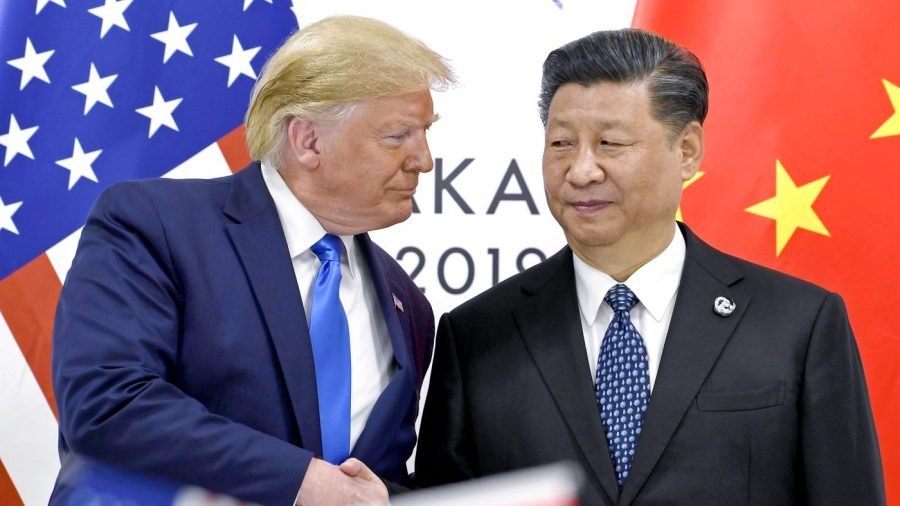It’s a mindset that has permeated the administration’s push to define its AI policy, including as it unveiled its action plan on the subject this month.
“The United States is in a race to achieve global dominance in artificial intelligence,” an introduction to the plan from several key Trump officials reads. “Whoever has the largest AI ecosystem will set global AI standards and reap broad economic and military benefits.”
“Just like we won the space race, it is imperative that the United States and its allies win this race,” it continues.
Outside observers generally say the administration is not overstating either the fact of the intense race or the importance of winning it. They compare the battle to the arms race or the space race in decades past.
“It’s an AI arms race,” Wedbush Securities analyst Dan Ives told The Hill. “The U.S., I believe, is ahead of China, but China is not sitting on a treadmill.”
The release of new AI model from the Chinese startup DeepSeek in January was dubbed “AI’s Sputnik moment” by venture capitalist Marc Andreessen.
Sputnik, the first artificial satellite launched into space by the Soviet Union, took the U.S. by surprise and marked the start of the space race between Washington and Moscow.
DeepSeek’s highly capable model similarly shook the American AI landscape, raising questions for U.S. tech firms about the need for vast investments in computing power and the prospect that Chinese tech firms could eventually surpass them.
“You risk becoming reliant on other countries, and then in a moment of crisis, you may not have access to the technology or software that you need,” Owen Tedford, a senior research analyst at Beacon Policy Advisors, said of the stakes of the AI race.
Read the full report at TheHill.com.
